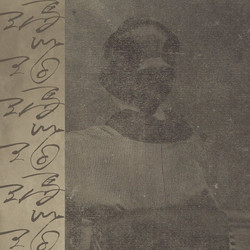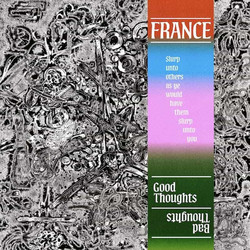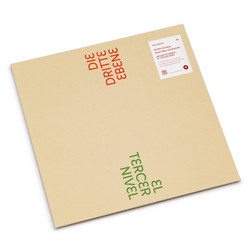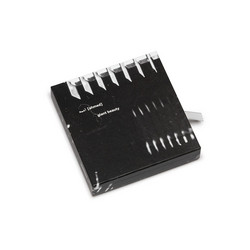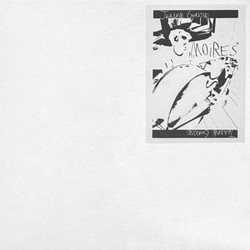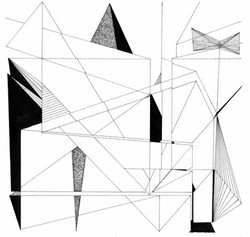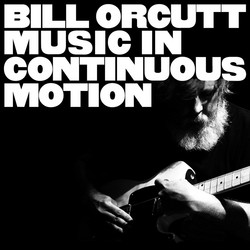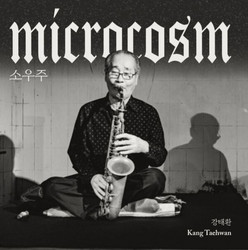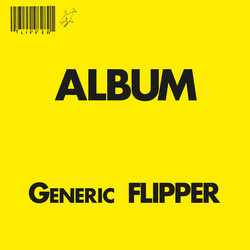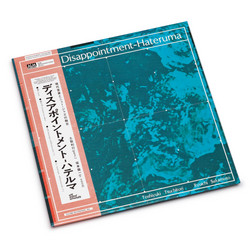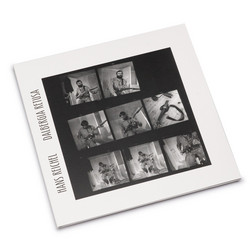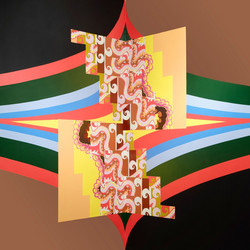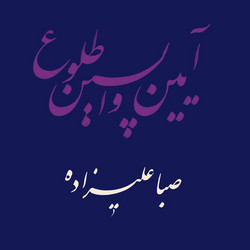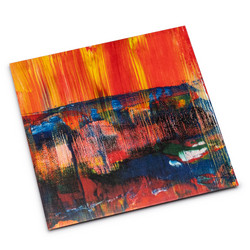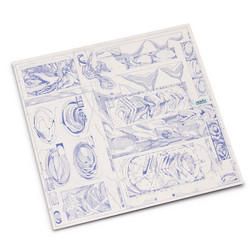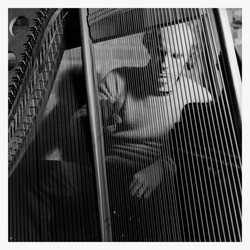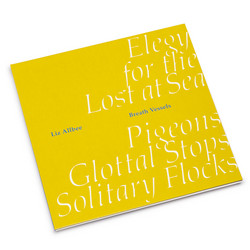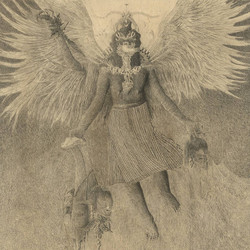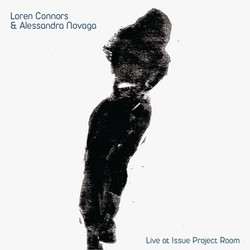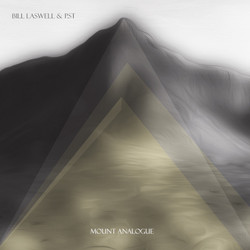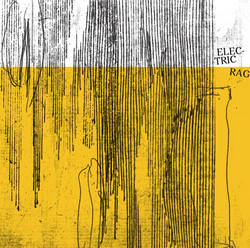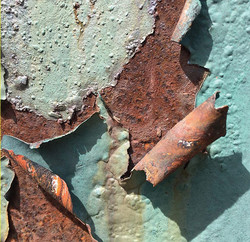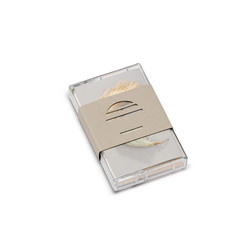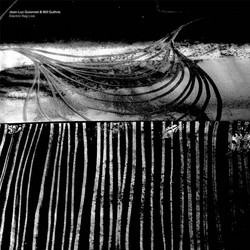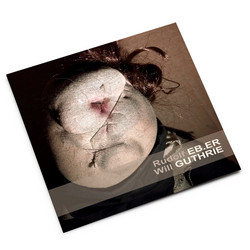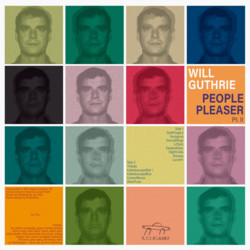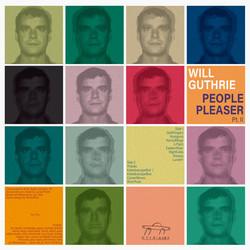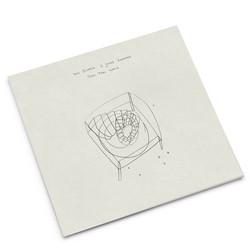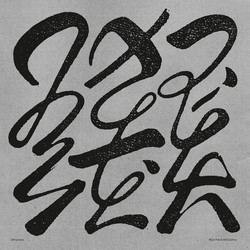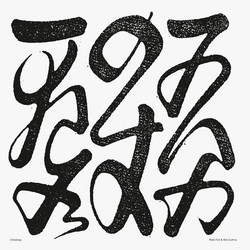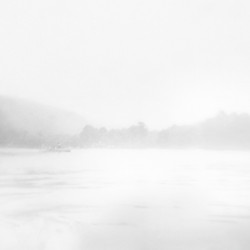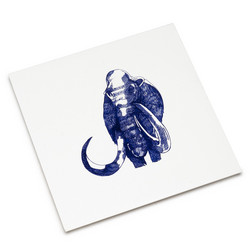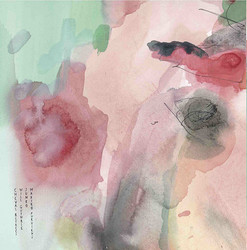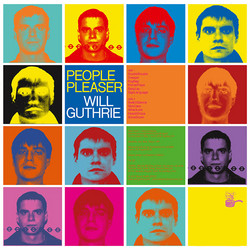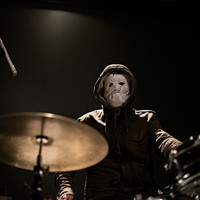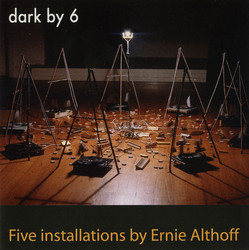Will Guthrie
Sticks, stones & breaking bones
restocked: "the hardest thing in the world is to have an original idea. As much as creative musicians hate to admit, free improv/experimental/underground (and all other useless adjectival identifiers) music now has as many stylistic tropes as your standard 19th century symphony: the endless variations on white noise, the orgiastic free ensemble climaxes, reassuring bass drones, "brutality", all of which point to performance, not playing. Musicians cling to the next solution that the media spotlights, as if consensus actually ever helped anything in art.
Will Guthrie's music shows that, when its very difficult to know where to look, one can still play, record and perform original music which doesn't rely on stylistic stamps-of-approval. There is no free-jazz apostille on this record, nor any palapable sense of belonging. Perhaps this is due to his origins in Australia – the ditch between Europe, the US and Asia into which all culture slides and meshes, greedily absorbed by voracious, outward-looking music nerds.
His path as an award-winning jazz drummer, then grass-roots free-improv organiser (founding Melbourne's still-running Make It Up Club with guitarist Ren Walters), flamenco accompanist, then relocation to France, instigating a passionate engagement with DIY electronics and ongoing organizational activities, ultimately culminated last year in a deep questioning of just what to do in the potentitally uncomfortable position of having insane chops, broad tastes and an open mind.
The improviser attempting the perfect statement is like trying to keep honey on a knife. If it's possible, Will comes close here. This is fearless music: the fruit of a long-standing interrogation with a dark place where most players fear to tread: bullfighting with the musical unconscious. And maybe was worth it; Guthrie's precision playing reveals cycles of intermeshed timbral/rhythmic relationships, playing to an internal logic that transcends the usual thought patterns of your typical drummer. Far from slipping into the mindless, episodic meandering that characterizes much free improvisation, extended formal shapes tuned by experiential instinct gives this music a structural integrity uncommon to most solo performance.
We're not limping through any tired timbre/form formulae here, nor are we witnessing a self-glorifying broadcast of athletic prowess in which the speed outruns the thought. The irregularities are elegantly placed, the raw technique blunted and honed into a resilient break-dance between the spontaneous and pre-conceived. The continuously elastic temporality transmits a hellish obsession with variation, smashing time together in multiple vertiginous chains of 2s and 3s.
This album is living proof that one can ignore the endless distractions and distortions to concentrate on something truly personal, and it is difficult to tell whether this is a beginning or an end. I'm relieved it's here – the arrival of the John Cage prepared piano software library is yet another indicator that even specialized, idiosyncratic musical practice can be homogenized. Intense self-explorations into the language of the individual such as this LP are seemingly on the decline, but here the drums live like they should.
Anthony Pateras - 2012
